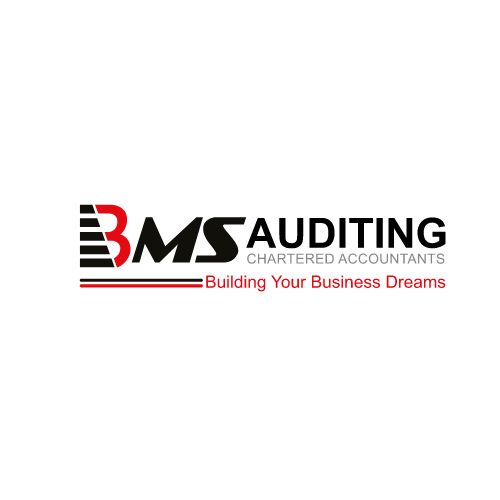In the realm of finance, few things stir up as much confusion and frustration as taxes. Among these, the Value Added Tax (VAT) stands out as a particularly complex beast. Whether you're a consumer or a business owner, understanding VAT tax is crucial for navigating the financial landscape efficiently.
What is VAT Tax?
Value Added Tax, commonly abbreviated as VAT, is a consumption tax levied on the value added to goods and services at each stage of production or distribution. Unlike traditional sales tax, which is collected only at the point of sale to the end consumer, VAT is collected at every stage of the supply chain. This means that businesses both large and small are responsible for collecting and remitting VAT on behalf of the government.
How Does VAT Tax Work?
To comprehend VAT tax, let's break down its mechanism:
Collection at Each Stage: VAT is collected at every stage of production and distribution. For example, when a manufacturer sells goods to a wholesaler, VAT is applied. Then, when the wholesaler sells those goods to a retailer, VAT is applied again.
Input-Output Mechanism: Businesses can usually claim back the VAT they have paid on their purchases, thus offsetting the VAT they owe on their sales. This prevents the tax from being cumulative and ensures that VAT is ultimately borne by the end consumer.
End Consumer: The final consumer, who does not resell the goods or services, ultimately bears the burden of VAT. However, since VAT is included in the price of goods and services, consumers may not always be fully aware of the tax they're paying.
Why VAT Tax Matters?
VAT tax plays a significant role in a country's revenue generation and economic policies. Here's why it matters:
Revenue Source: VAT is a reliable source of revenue for governments. It provides a steady stream of income that can be used to fund public services and infrastructure projects.
Fairness and Equity: VAT is considered a more equitable tax because it is based on consumption rather than income. This means that everyone pays the same rate of tax on the goods and services they consume, regardless of their income level.
Encouraging Compliance: The input-output mechanism encourages businesses to comply with tax regulations since they can reclaim VAT paid on their inputs. This helps combat tax evasion and ensures a more transparent economy.
Conclusion
In conclusion, VAT tax is a crucial component of the modern tax system, playing a significant role in revenue generation and economic management. Whether you're a business owner or a consumer, understanding how VAT works is essential for making informed financial decisions and navigating the complexities of the tax landscape. By grasping the basics of VAT tax, you can better manage your finances and contribute to a more transparent and equitable economy.


No comments yet